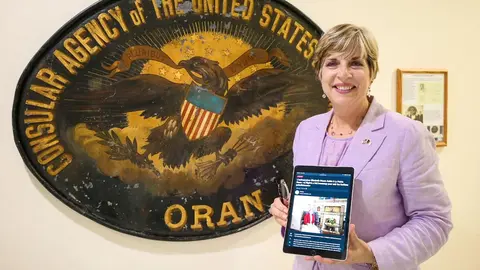Algeria announces France's support for Morocco's plan for Western Sahara
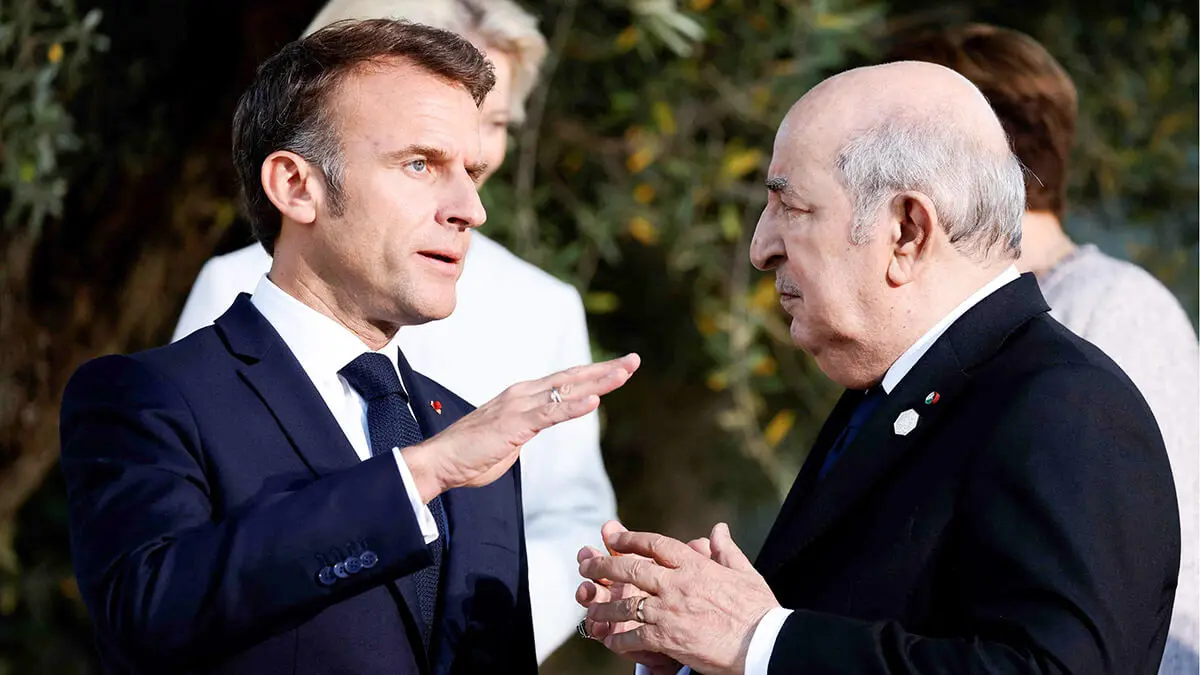
Although Morocco has so far issued no official statement, Algeria, through its Ministry of Foreign Affairs, has published a communiqué in which it mentions an alleged official change in France's position on the question of Western Sahara.
According to Algiers, Paris expresses "unequivocal and unconditional support for the autonomy plan for Western Sahara within the framework of Moroccan sovereignty". This decision was, according to Algeria, "officially communicated to the Algerian authorities by the French authorities in the last few days".
#بيان وزارة الشؤون الخارجية والجالية الوطنية بالخارج 🇩🇿 pic.twitter.com/mW5c9qMK38
— وزارة الشؤون الخارجية| MFA-Algeria (@Algeria_MFA) July 25, 2024
The communiqué stresses that Algiers received the news "with great regret and deep disapproval", describing the decision as "unexpected, inopportune and counterproductive". The Algerian government therefore assures that it "assumes full responsibility for all the consequences of this decision, for which the French government alone assumes full and total responsibility".
Algiers already retaliated after Spain's turnaround on Western Sahara, recognising the Moroccan plan as the most serious and credible proposal to resolve the conflict. Then, in protest, Algeria withdrew its ambassador in Madrid, Saïd Moussi, who is currently based in Paris. Subsequently, the Algerian authorities decided to suspend the Treaty of Friendship, Good Neighbourliness and Cooperation with Spain.
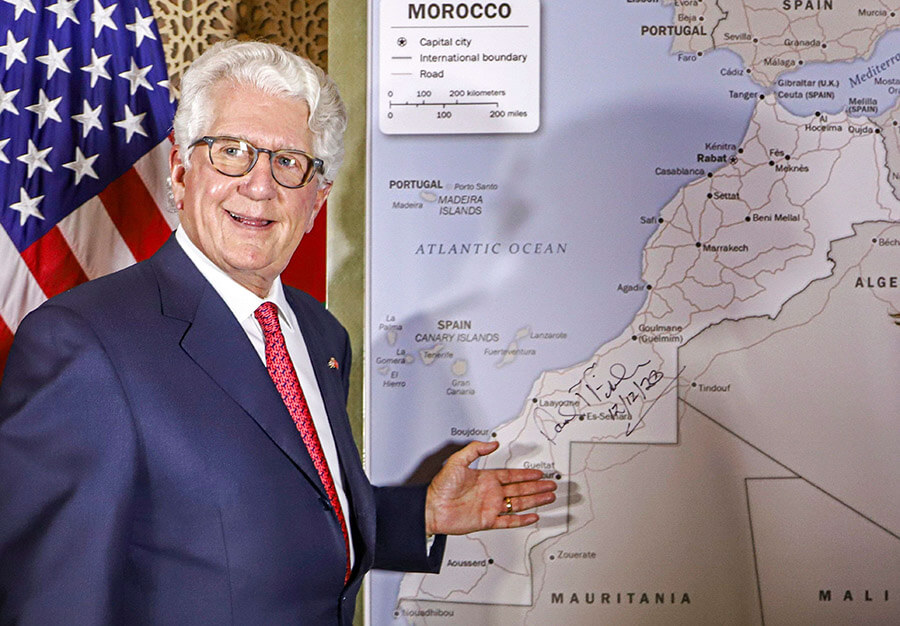
However, the crisis has gradually subsided, as last November Algeria announced a new ambassador in Madrid.
Unlike Spain, Algeria opted for total silence after former president Donald Trump announced US recognition of Morocco's sovereignty over Western Sahara. "In front of Spain, they bring out the heavy artillery before quickly calming down. When it comes to the United States, they keep quiet", notes Moroccan media outlet Le360.
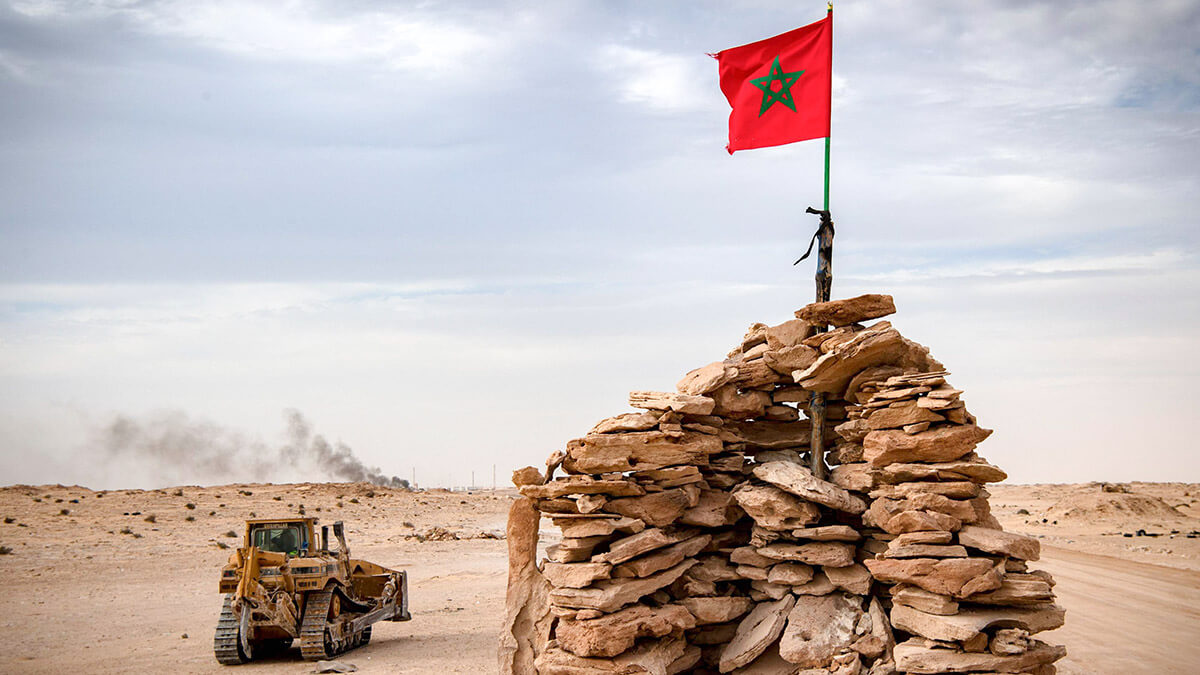
Washington has recently reaffirmed its position on the Sahara through its ambassador in Algiers, Elizabeth Moore Aubin, who defined recognition as "historic and irreversible".
According to a diplomat quoted by the Moroccan media, the latest communiqué from Algiers on France aims to try to "dilute the impact of this historic step, to blur its significance". Moreover, it is not excluded that with this statement Algiers is trying to undermine the recent rapprochement between France and Morocco after a period of tension.
Despite the threats, Algiers can do nothing in the face of the growing number of countries that are recognising and supporting Morocco's plan for the Sahara. Indeed, it is only a matter of time before Paris officially announces this decision.
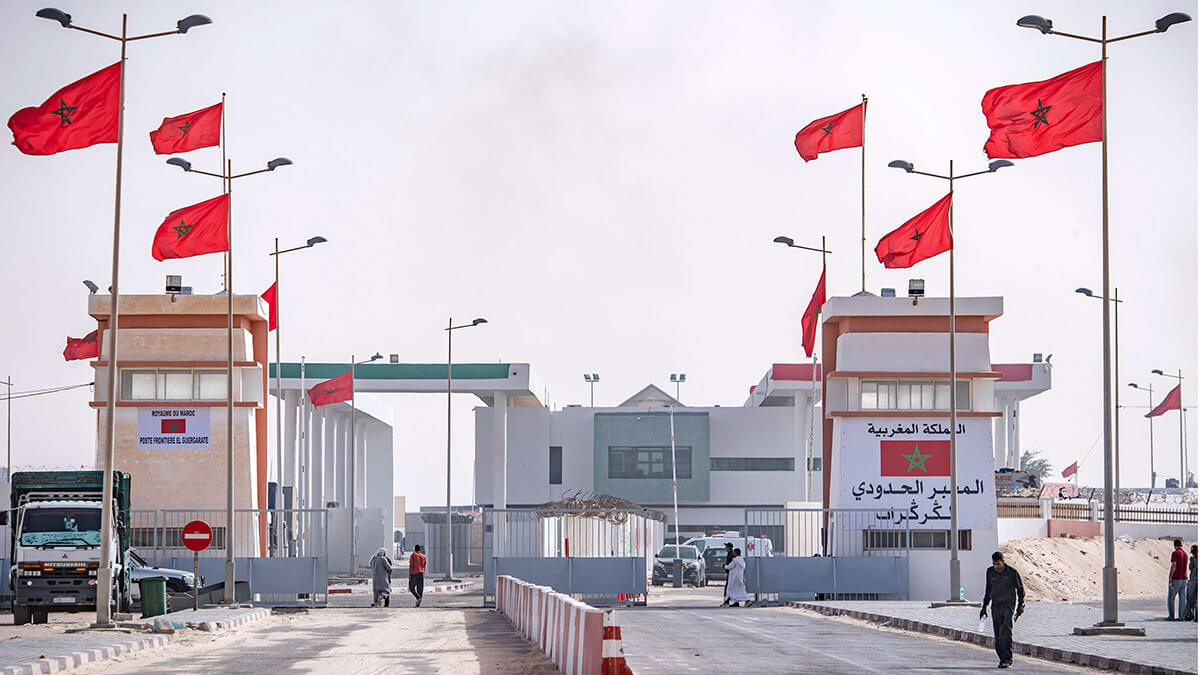
"The Algerians do not want to admit that the regional situation is changing to their disadvantage and that Morocco's role has become more important than that of their country, especially since Rabat has managed to establish a strong link between Europe and Africa, becoming an economic and military power in the region," writes Muhammad Mamouni Al-Alawi in Al-Arab.

Analyst Mohamed Al-Tayyar, for his part, stresses that Algeria's rejection of the French position "suggests that it has begun to realise that regional balances have shifted, and that even the African Union has put an end to the Polisario Front's presence in the body's economic forums".

